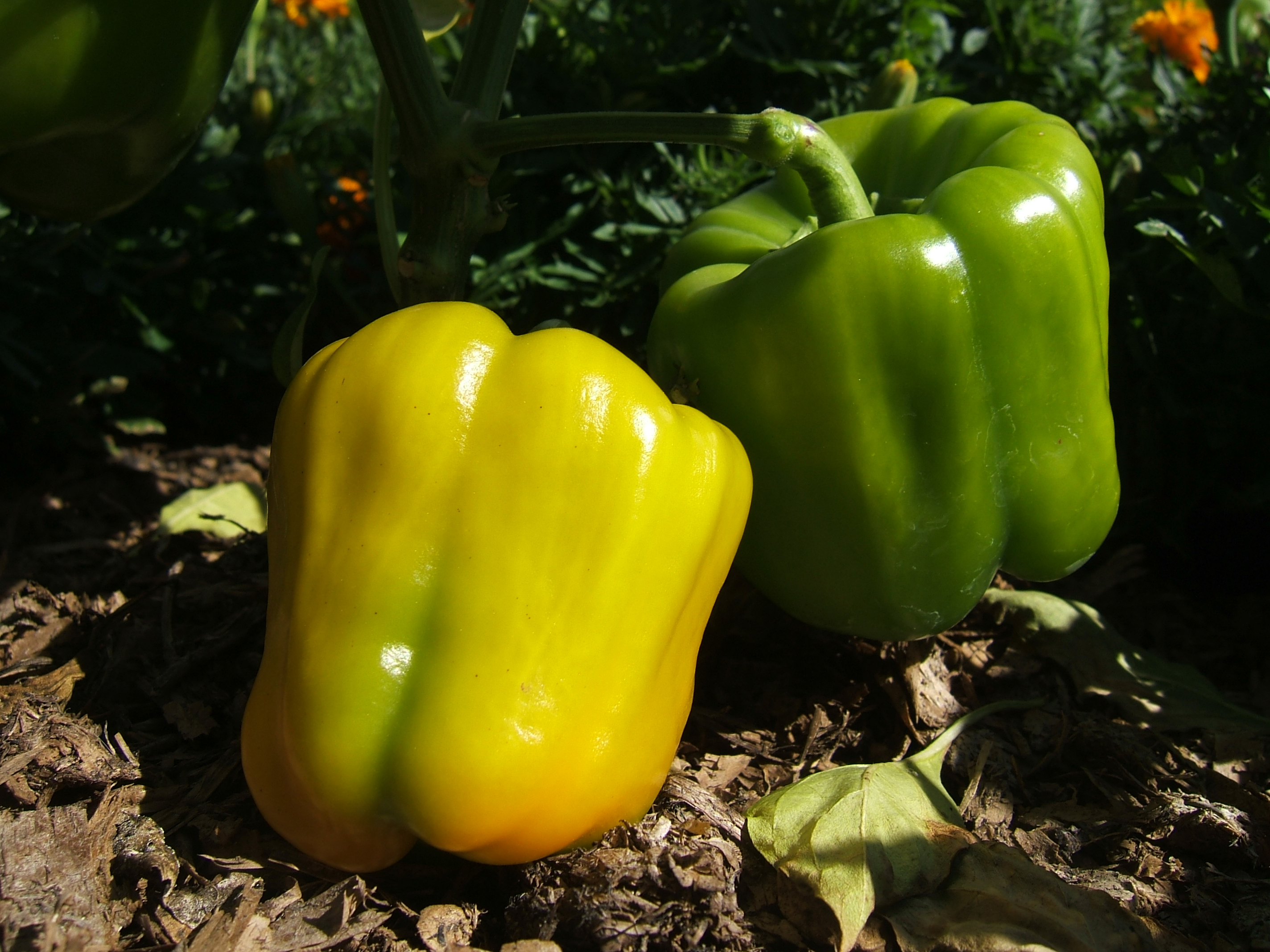Best Fertilizers for Peppers: A Comprehensive Guide to Boost Your Harvest
Best Fertilizers for Peppers: A Comprehensive Guide to Boost Your Harvest
Blog Article
Organic Vs. Synthetic Fertilizers: Which Is Best for Nurturing Healthy And Balanced Pepper Plants?
In the world of supporting healthy pepper plants, the choice between synthetic and natural plant foods stands as a pivotal decision with far-ranging effects. While both options goal to offer important nutrients to sustain plant growth, the subtleties of their influence on the dirt, plant health, and the atmosphere spark a dispute that echoes throughout the gardening neighborhood. Understanding the unique advantages and prospective pitfalls of each plant food kind is important for pepper cultivators seeking to enhance their returns while preserving an eco-conscious and sustainable technique.
Benefits of Organic Plant Foods
Organic plant foods supply an environmentally-friendly and sustainable approach to nourishing pepper plants, providing important nutrients without making use of synthetic chemicals. These all-natural fertilizers are originated from organic sources such as garden compost, manure, bone meal, and seaweed, promoting soil health and biodiversity. Unlike synthetic plant foods, organic options release nutrients slowly, ensuring a consistent and well balanced supply for pepper plants to flourish.
One significant advantage of natural plant foods is their capacity to boost dirt framework and water retention. By boosting soil wellness, natural fertilizers advertise beneficial microbial activity, which aids in nutrient uptake by pepper plants. In addition, natural plant foods minimize the danger of chemical run-off, protecting water sources from pollution and guarding the environment.
Additionally, organic plant foods add to lasting soil fertility by advertising the development of beneficial soil microorganisms. These organisms assist break down raw material, releasing nutrients in a form that is easily accessible to pepper plants. best fertilizers for peppers. By fostering a healthy dirt ecosystem, organic plant foods support sustainable pepper farming techniques that benefit both plants and the setting
Downsides of Artificial Plant Foods
Artificial plant foods, in contrast to their organic counterparts, present different disadvantages when utilized to nurture pepper plants, affecting both plant health and ecological sustainability. One significant drawback of synthetic plant foods is their tendency to seep nutrients from the soil quickly.
In addition, the overuse of artificial plant foods can add to water contamination. Excess plant foods not taken in by plants can remove into water bodies, resulting in eutrophication, where algae blossoms deplete oxygen levels in the water, harming marine life. In addition, synthetic plant foods are typically originated from non-renewable sources, such as fossil fuels, contributing to carbon discharges and ecological destruction throughout their manufacturing.
Nutrient Absorption Comparison
When contrasting organic and artificial fertilizers in terms of nutrient absorption, organic fertilizers have the advantage of providing a more well balanced and slow-release resource of nutrients. Organic plant foods have a range of macro and micronutrients that are check out this site not just beneficial for the plants yet likewise advertise healthy soil microbial activity, which helps in nutrient uptake.
Additionally, natural fertilizers improve dirt structure and water retention capacity, permitting pepper plants to gain access to nutrients much more efficiently. This enhanced dirt quality facilitates root development, enabling better nutrient absorption. Synthetic fertilizers, although originally boosting plant growth as a result of their high nutrient concentrations, may hinder long-lasting nutrient absorption by degrading dirt health and wellness in time.
Environmental Impact Factors To Consider

On the various other hand, synthetic plant foods, although commonly even more focused and immediately available to plants, can have destructive impacts on the environment otherwise used effectively (best fertilizers for peppers). Their manufacturing calls for high energy inputs, bring about greenhouse gas exhausts and adding to climate modification. The drainage of excess artificial fertilizers can infect water sources, leading to eutrophication and harming marine ecological communities.
Finest Plant Food Practices for Peppers
To achieve this, it is essential to comply with finest fertilizer methods click here to read customized to the certain needs of pepper plants. One critical practice is to execute a soil examination before applying any kind of fertilizers.
One more important technique is to feed pepper plants at the best time. Commonly, peppers gain from getting plant food at growing and after that once again when they begin to blossom. Over-fertilizing can bring about nutrient imbalances and harm the plants, so it is important to comply with suggested application rates.
In addition, picking a well balanced fertilizer with an NPK proportion that matches pepper plants' needs is fundamental. Organic fertilizers, such as compost or manure, can be exceptional options as they launch nutrients slowly and boost dirt structure over time. Artificial plant foods can give a quick nutrient increase when required. Inevitably, combining artificial and organic fertilizers carefully can assist nurture healthy pepper plants while decreasing environmental influence.
Final Thought

Organic fertilizers use an environmentally-friendly and sustainable approach to beneficial pepper plants, giving crucial here are the findings nutrients without the usage of synthetic chemicals. Unlike artificial fertilizers, organic choices release nutrients slowly, making sure a constant and balanced supply for pepper plants to grow.
Artificial fertilizers, in comparison to their natural counterparts, present numerous negative aspects when utilized to nourish pepper plants, influencing both plant health and wellness and environmental sustainability. When contrasting artificial and natural plant foods in terms of nutrient absorption, natural plant foods have the advantage of giving a more well balanced and slow-release resource of nutrients.Furthermore, natural plant foods enhance soil structure and water retention capability, enabling pepper plants to gain access to nutrients more successfully.
Report this page